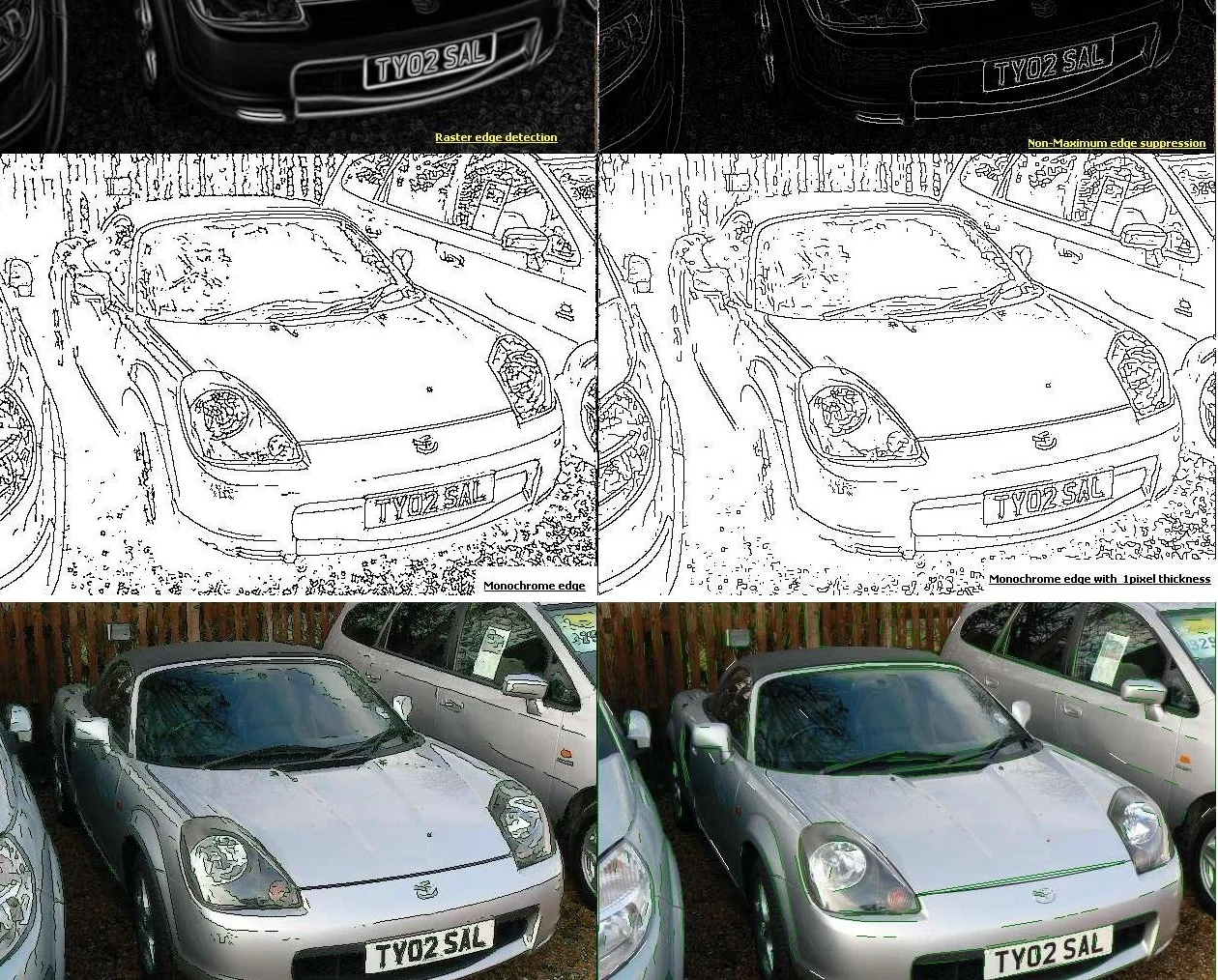An ambitious but controversial program to surveil the entire city of Baltimore from above is on hold after its philanthropic backer had second thoughts.
Read MoreA dystopian scene in London, where police are deploying facial recognition cameras on streets and issuing citations to passersby who don't consent to be scanned. Is this our future?
Read MoreApropos of our recent episode on ALPRs, Holly from Idaho asks: what can we, as citizens, do about these surveillance systems that seem to be popping up in the digital world?
Read MoreUsing ubiquitous traffic cameras that can read license plate numbers, cities are building automated surveillance networks that indiscriminately scoop up data on the movements of individual vehicles. When an Automatic License Plate Reader (ALPR) system sees a plate that matches one in a police database, officers are dispatched -- sometimes with guns drawn. These systems have shockingly high error rates. What could possibly go wrong?
Read MoreWhen policing has a major crisis – the 1980s crime wave, or the killings of unarmed black men by police in 2014 and 2015 – we often grab for a high-tech fix. But technology seldom becomes the silver bullet we hope for. Our guest has put this trend under the microscope. We talk with veteran investigative journalist Matt Stroud about his new book, Thin Blue Lie: The Failure of High-Tech Policing, published in April of 2019.
Read MoreAs reported by George Joseph and Debbie Nathan in The Intercept and The Appeal, inmates at many U.S. prisons are coerced to submit digital voice print samples before being allowed to use the telephone.
Read MoreAn algorithm can't be racist, right? As it turns out, facial recognition software trained and tested mostly on white people is really good at identifying race and gender... as long as you're white and male.
Read More
Surveillance cameras are everywhere in American cities and
towns. They’re touted as crime fighting tools, but do they
really work? Are they worth the cost – in money, and in
privacy? Dr. Nancy LaVigne, vice president for justice
policy, of the non-partisan Urban Institute is the lead author
of the largest study of the effectiveness of surveillance
cameras.
In what's turned out to be a week of bombshell Supreme Court news, a lesser-noticed (but still notable) ruling in Carpenter v U.S.: a 5-4 majority concurs that police need a warrant to track someone's location using data from cellular towers.
Read MoreTechnological change is disrupting seemingly every field. How will it impact criminal justice systems around the world in the future?
Read MoreUpdates on a pair of stories we've covered in the last year: Lawyers Behaving Badly alumnus Roy Moore becomes Alabama's GOP nominee for U.S. Senate, and a D.C. court puts new limits on police use of "Stingray" surveillance technology re: Episode 48).
Read MoreAutomatic license plate readers – those cameras on police cars and light poles that capture plate numbers – have been in widespread use since the 1990s. But some argue regulations for how and how long police can use and store that information hasn’t kept up with the technology.
Read MoreThe last few years have exposed problems in policing: use of force, high-tech surveillance, and a lack of transparency. Our guest argues that the fault for this lies not just with the police, or the courts – it’s on us.
Read MoreStingray cell phone simulators can capture personal data from your phone calls – who you’re talking to, your phone number and the contents of the call.
You won’t know it’s happening, and the Cato Institute’s Adam Bates says the FBI requires they stay a secret, "not just to the public, but also to courts, to legislators, even to defense attorneys. So there's so much that we still don't know about what police are doing with this technology.”
Read More














